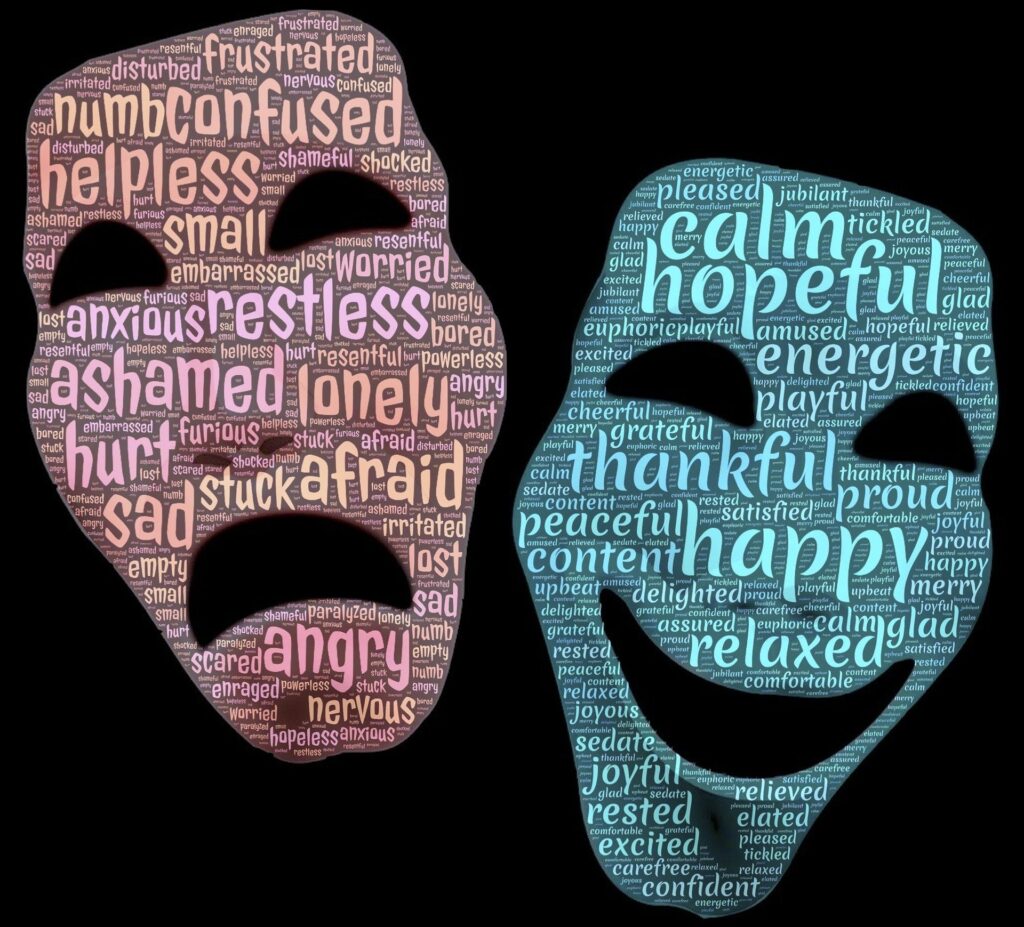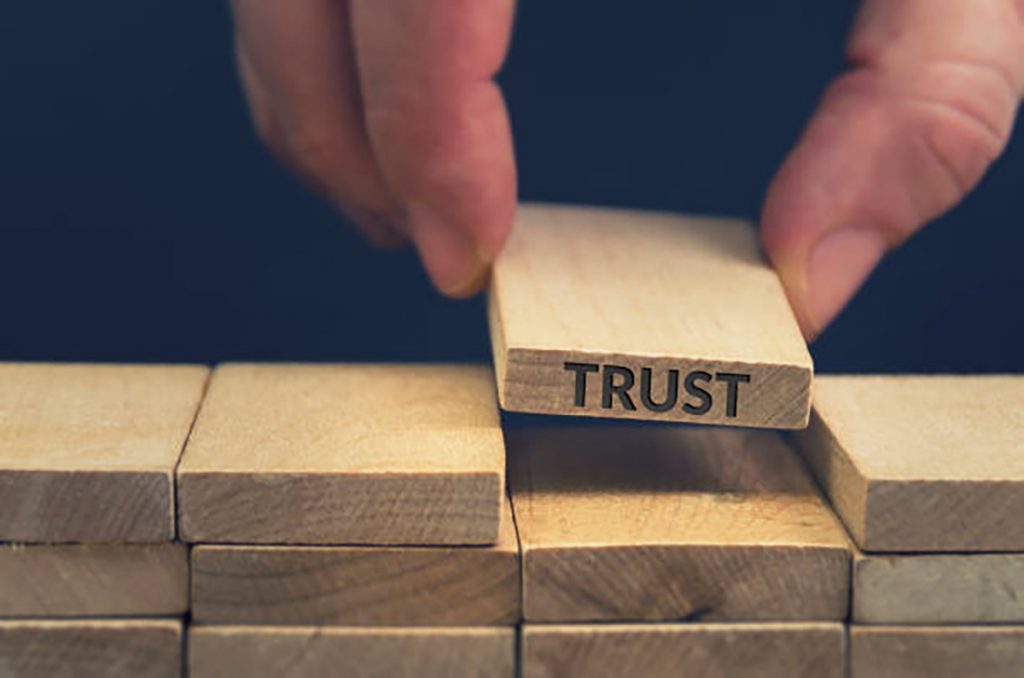In these upside-down times, I hope you have found space to tend to your own well-being and the soul of your servant leadership. I believe every crisis offers doors of opportunity. This season of COVID-19 is no exception. Indeed, this is a unique invitation for us to dive deep, think in new ways, and ground our spirits, in life-giving practices that serve each other well.
Many of you are finding this time of stay-at-home, work-from-home especially challenging. Emotions run high, and unwanted drama seems to pop up left and right. My friends at 3 Vital Questions®, David Emerald and Donna Zajonc, have taught me much about transforming drama into engagement with TED* (*The Empowerment Dynamic®). So, it’s my great pleasure to share with you a recent post I received from 3VQ’s weekly emailing. Now, over to David and Donna!
Many of us have seen the graphic photos of someone sneezing with thousands of droplets projecting into the air. The contagious nature of this virus is certainly a huge part of this pandemic.
And, here’s the thing—emotions are highly contagious too!
At a time when most people are hunkered down and spending more time alone or together with immediate family, it is really important to understand how your emotions affect others, as well as how you can “catch” emotions.
The fancy term for it is called “emotional contagion,” which means that humans synchronize their emotions with the emotions conveyed by other people. One person’s emotions become contagious to others.
A Harvard researcher named Shawn Anchor studies emotions. He supports the idea that emotions are contagious with this statement: “Our brains are wirelessly connected, which means we co-process the world. We do not individually process the world.”
We co-process and we co-create. That is a really big deal. It is therefore essential to understand the idea that emotions are contagious—both the emotions you receive from others as well as the emotions you spread.
The phenomena of contagious emotions involve all types of emotions, from happy to angry, although negative emotions are more readily spread than positive ones. Negative emotions are stronger because your brain is wired to keep you safe, so it is hyper-sensitive to negative emotions. It’s no wonder that so many are feeling anxious and unsafe right now. If you aren’t personally, it is likely you are “catching” it from others.
When people know one another well, the emotional rippling effect can happen in a nanosecond. It starts with a facial expression or tone of voice, posture, or gesture. Very likely, as you catch the emotion emanating from the other, you will adjust your emotions accordingly.
We work closely together as a husband and wife team. The emotional state of one of us frequently affects the emotions of the other. Sometimes we are conscious of this and other times we are unconscious to the impact we have on each other. Here’s a simple example of how it works:
Donna notices that David looks sad after a phone call. If she is hyper-sensitive that something is wrong, she may ask: “What’s wrong? Is there something I can do to help you?”
Since both of us are recovering Rescuers and learning to escape the Dreaded Drama Triangle (DDT), we still can default to wanting to “save” each other from negative emotions. If Donna “catches” and interprets David’s emotion, it is likely he then “catches” her concern and the situation is magnified and can even escalate into a DDT interaction.
Scientists are finding that this co-processing is neurologically complex. As a result, one person may feel they are living the emotional lives of other people.
The idea of contagious emotions requires that you become highly conscious of your own moment-to-moment emotions. Are you sending out positive emotions as you learn to be with, and care for others? Or, are you contributing to the drama by seeding the environment with fear-based emotions?
The contagious nature of the COVID-19 virus is accelerating our understanding of how deeply interconnected we are physically, as well as emotionally. As we collectively navigate this tectonic shift in how we live and work, we encourage you to be more aware of your own emotional state and ask for help and support when you need it.
A few weeks ago, we wrote that “self-care is world care.” Taking good care of yourself now, more than ever, will help you maintain a healthy balance so you can contribute to a world that works for all.
Take good care everyone!



